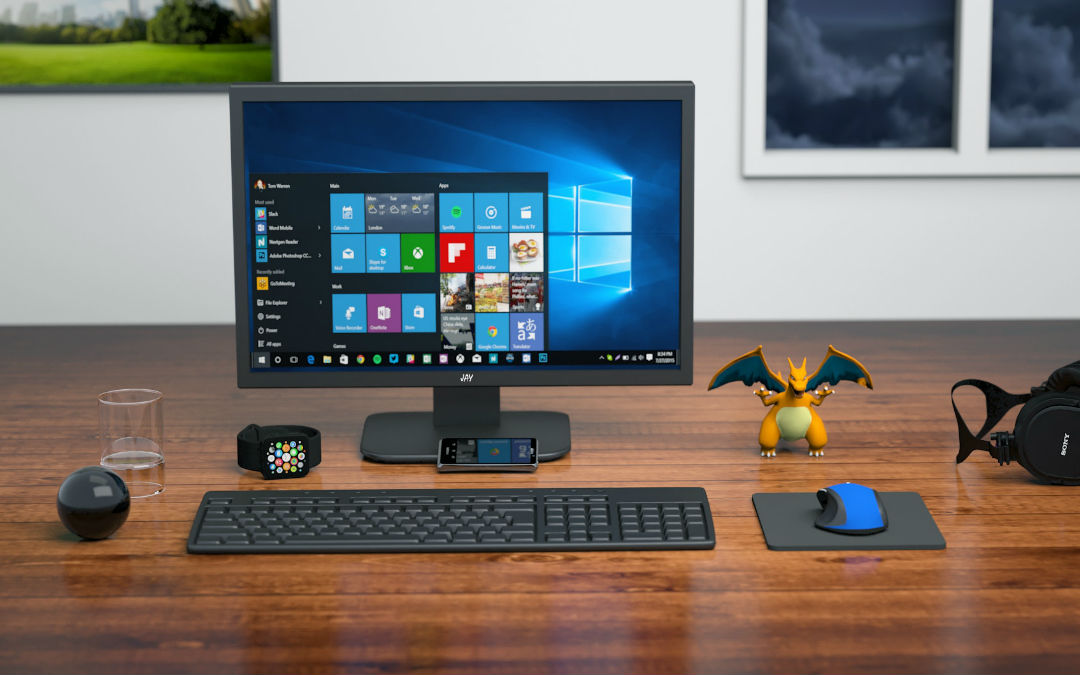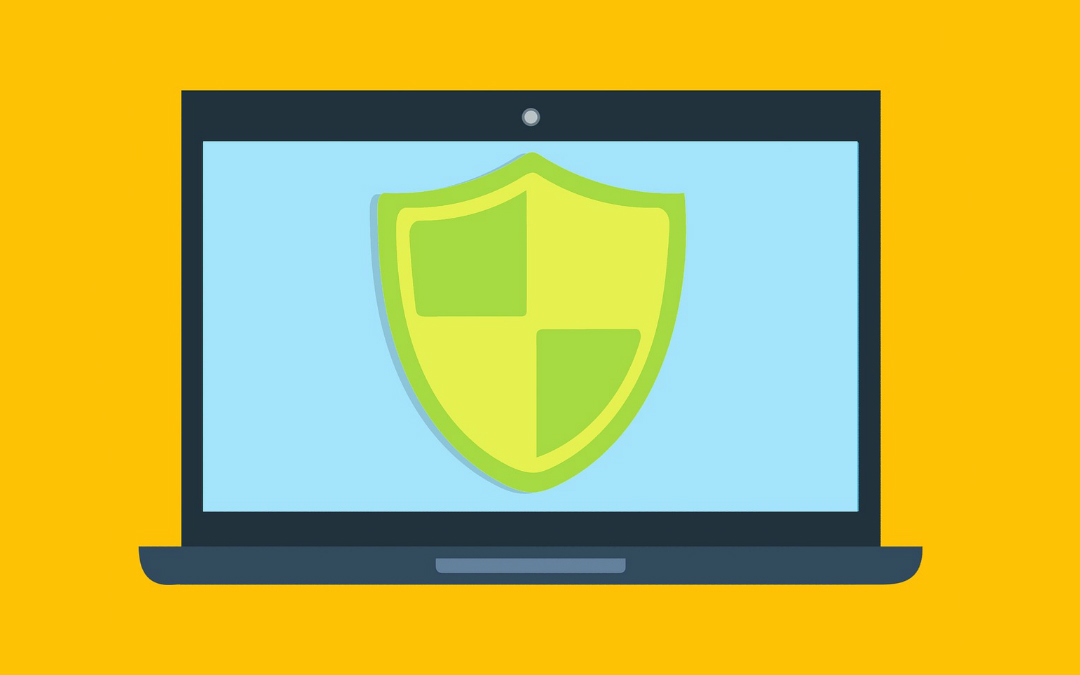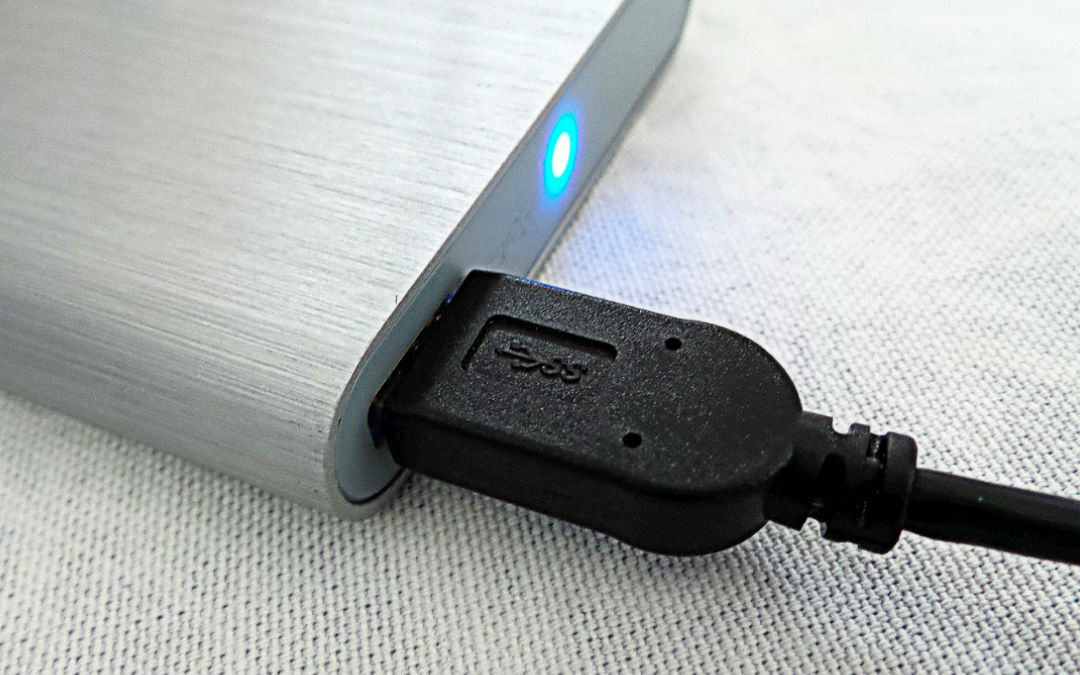
by Michael | Jul 27, 2018 | Tech Tips
We’ve come a long way since Windows 1.0 was released way back in 1985. There’ve been no fewer than 25 different versions released by Bill Gates and his buddies since then. But, when should you update your Operating System (OS)? How are you even meant to know if it even needs updating? Even now, we still get laptops and desktops brought into us that are running on Windows 7, Visa and even XP. That’s right: some machines are still running on an OS that’s 17 years old. We don’t expect everyone to know what the latest version of their OS is, though. Some people might not even be familiar with what an ‘operating system’ even is, or which OS is the best. That’s what we’re here for! Types of Operating System An Operating System is software that helps manage computer hardware and software, as well as providing services for computer programs. The three most common types of computer OS, at least one of which you’ll be very familiar with, are: Windows OS X Linux Chrome OS The good thing for you is that you don’t actually generally need to worry about choosing a particular OS to have installed on your PC or laptop. These days, when you first buy your machine, it’ll come with a pre-installed OS. Apple products – such as the Mac and Macbook – use OS X. Computers manufactured by the likes of Dell and HP will generally have the latest version of Windows installed (Windows 10). Although not exclusively, Linux is more commonly used by fully-fledged nerds: computer programmers and software developers. Chrome OS is...

by Michael | Jul 18, 2018 | Tech Tips
Long gone are the days of cheap dial-up internet. These days, you’ll be lucky to get decent-speed WiFi for less than £30 a month. Most of us are paying a sizeable monthly sum for the privilege of ‘fast’ broadband. But, is that what we’re actually getting from our broadband provider? Or is our WiFi speed way below par? More often than not, we’re actually not getting what we’re paying a tidy monthly or annual sum for. In fact, the average UK broadband speed is lower than most other countries in the whole of Europe. A BBC Watchdog investigation into Virgin Media’s broadband speeds also found that some customers were only getting 3% of the download speeds they’d signed up for. Keep in mind, too, that Ofcom allows broadband providers to advertise ‘up to’ WiFi speeds (e.g. ‘up to 100Mbps’) so long as 10% of their customers regularly achieve that speed. So 90% of the time, you’re actually not going to get the WiFi speed you signed up for. How to Test Your WiFi Speed You don’t need to be a computer networking geek to test your WiFi speed. There’s a free and easy-to-use online tool you can use to test your speed in under five minutes! That’s right: In less than five minutes, you’ll know whether or not you’re being ripped off by your broadband provider. Of course, you might be pleasantly surprised. We hope it’s the latter. Using Speedtest by Ookla, you have one simple but very important job… click the ‘Go’ button. No, really! That’s all you have to do to perform the WiFi speed test. Within...

by Michael | Jul 6, 2018 | Latest News, Online Safety
There are few events that cause more instantaneous panic than when you realise your PC has a virus. You feel violated. With measures in place to prevent it from happening, you should never have to experience that feeling. But, do you really need to spend on Antivirus Software? The IT and computer repair industries are so littered with jargon that you’d be forgiven for not knowing what ‘Antivirus Software’ is, exactly. You’ll probably be able to draw some common-sense conclusions as to what it might be or do, given the name. But, what does it mean for you and your PC’s protection? And why is it so important? What is Antivirus Software? Antivirus Software is a program that prevents, detects and removes viruses. The software does exactly what its name suggests: it prevents your PC from being maliciously attacked. Once installed, Antivirus Software searches the Hard Drive (HDD) and any external media for malware or viruses. If detected, they’re swiftly quarantined and removed by the software itself. Thus, once installed, you can pretty much kick back, relax and let the software worry about your PC’s security. Voilà! Do You Really Need Antivirus Software? In a word, YES! The fact of the matter is that you definitely do need some form of software to protect your PC, Laptop or Mac from being exposed to malware and viruses. It’s absolutely critical to the upkeep of your machine, its security and digital health. Most paid-for Antivirus Software solutions vary from about £20, right up to £700 or more. Of course, the more expensive the software is, the likelier it is to...

by Michael | Jul 3, 2018 | Latest News, Tech Tips
Irreplaceable family photos. Important documents. Work. The list of important data you have saved on your PC or laptop is seemingly endless. What would you do if you lost it all… before you even had a chance to think about doing a full data backup? Blind panic and face-palming, no doubt. Followed by kicking yourself for being so stupid. “How could I not have backed this up?”, you ask yourself. Then comes the wallowing in self pity. We hear you. It’s frustrating. Housing copies of all your important data is such a simple thing to do these days that having data backup measures in place is an absolute must. The truth, too, is that it’s relatively inexpensive – sometimes even completely free – to keep all of your data backed-up somewhere other than your PC or Laptop. What is Data Backup? Data backup does exactly what it says on the tin. It’s the process of copying (‘backing up’) files and folders from, say, your PC or laptop to an additional central deposit. By doing so, if you do lose the files and data from your Computer Hardware for whatever reason, you’ll have copies safely tucked away elsewhere. How Can You Lose Data and Files? There are, unfortunately, a variety of ways you can lose data and files from your PC or Laptop. Here are some of the most common causes of data loss and the need for data recovery: Computer Viruses: As well as causing a multitude of other malicious problems for your PC, one of the additional side effects of a computer virus is potential data loss. Computer...





Recent Comments